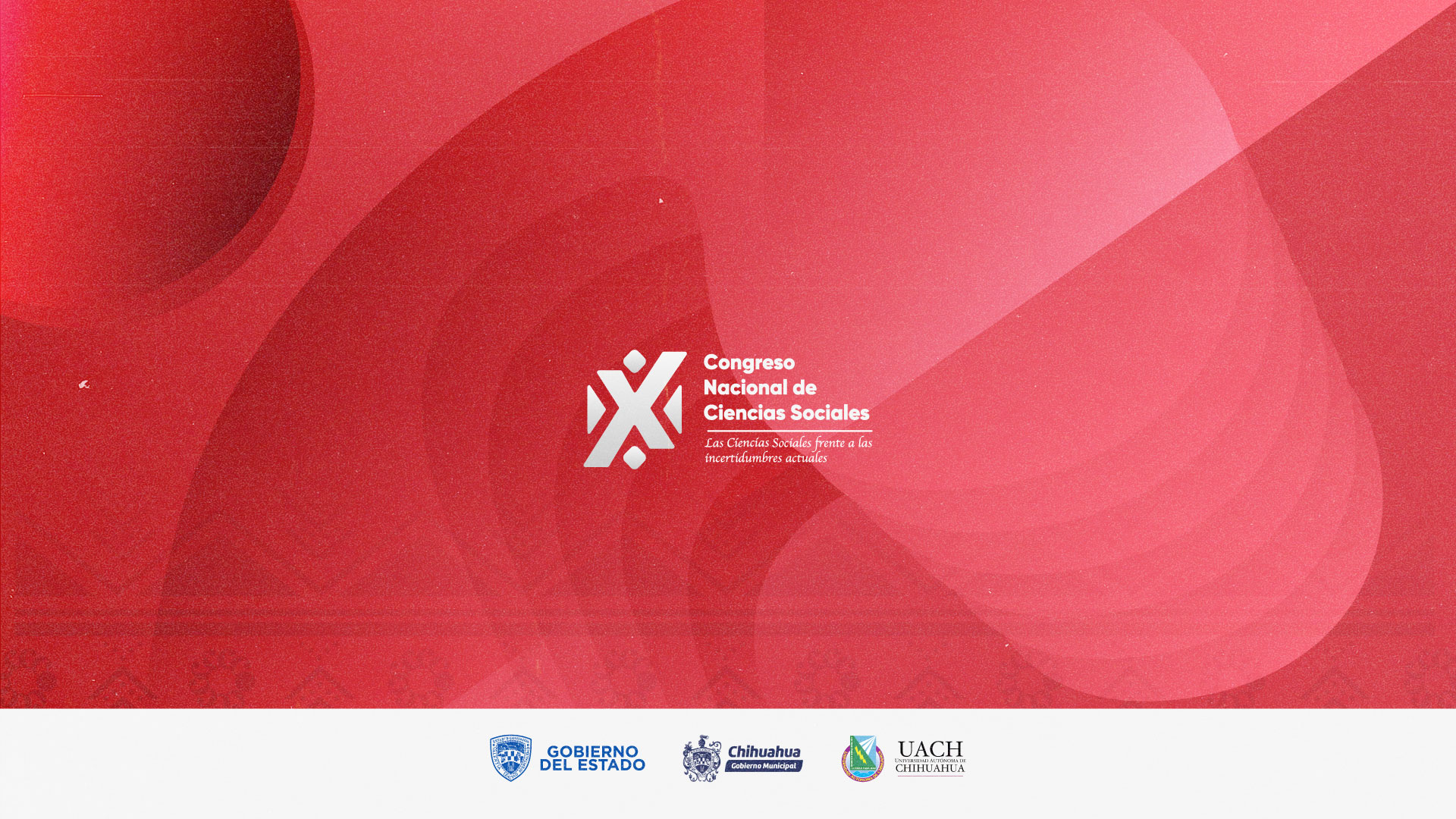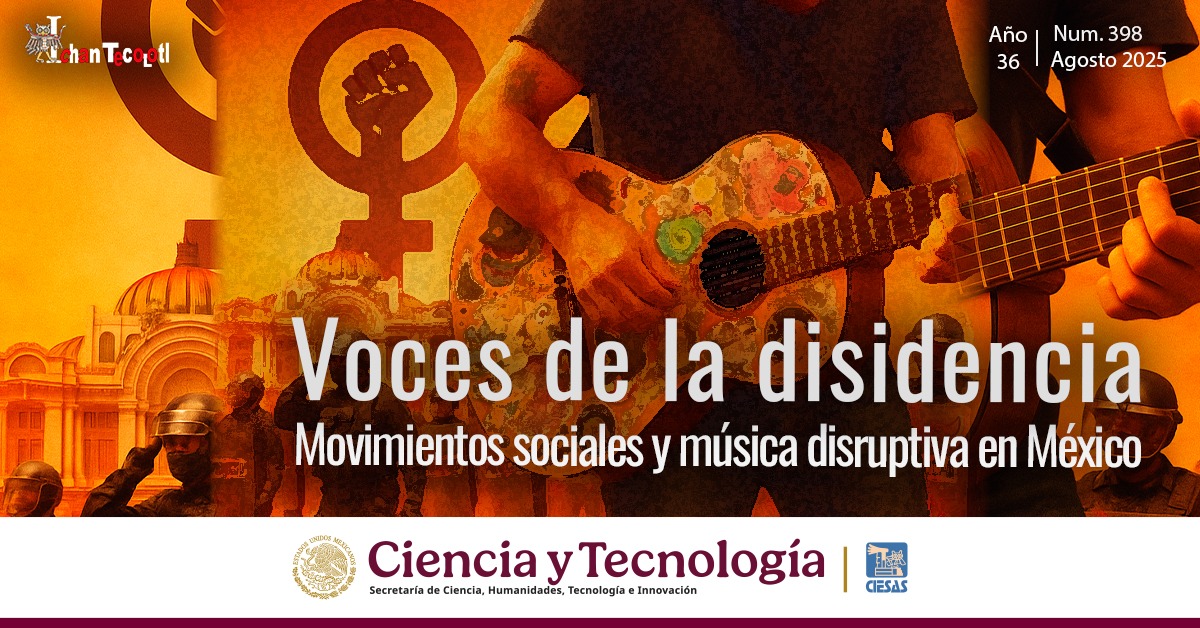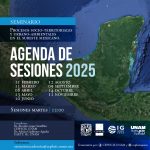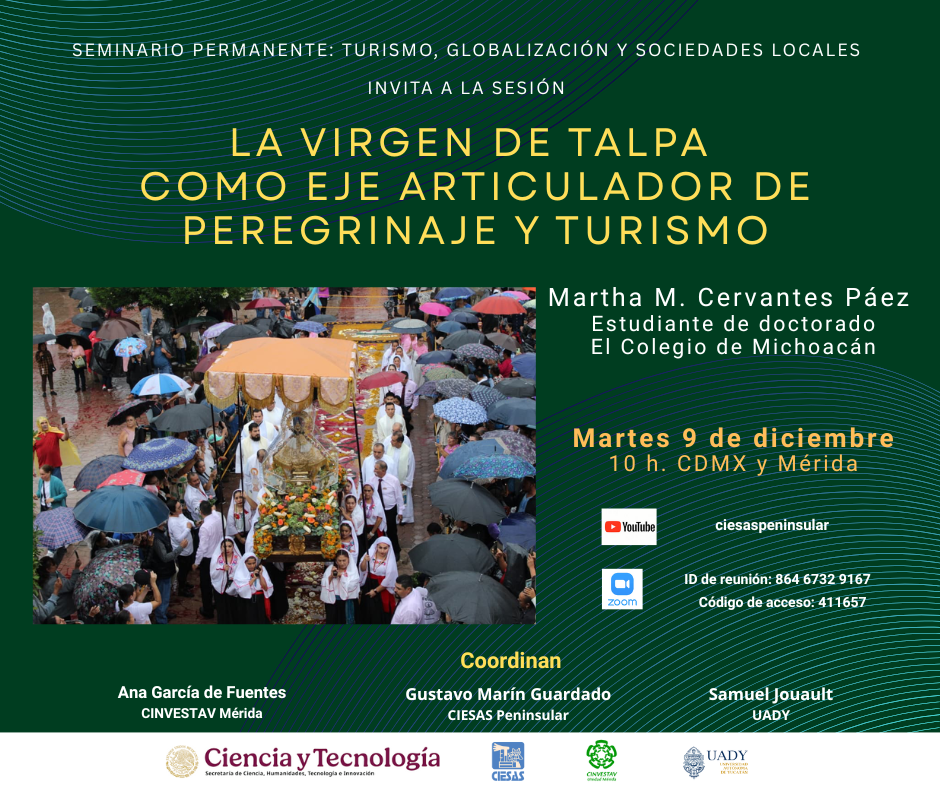Movements and Interest Groups in the EU
Transnational Contention: Movements and Interest Groups in the EU
European Consortium for Political Research
Abstract
With the permissive consensus well and truly over, examining the role of civil society in EU matters is paramount. Civil society is a broad school however, with groups within it ranging from mass movements through to particularistic interest groups. Academic traditions in the study of each have tended to remain separate, yet it is increasingly clear that the roles of movements and interest groups intersect, and indeed that scholars of social movements and interest groups have much to learn from one another. This section seeks to foster some cross-fertilisation amongst scholars of social movements and interest groups engaged in a variety of different forms of transnational contention in the EU. The panels seek to bring together work focusing Europeanization dynamics, which include both bottom up citizen’s participation as well as the role of more formal organised civil society in EU contention and operating at EU level, and the links between the two.
1. Anti-Discrimination Movements and the EU
2. Mobilization around migration in the EU
3. EU interests and Environmental Policy
4. EU civil society and the populist right
5. Interest groups, social movements and democracy in the EU
6. Developments in the European Citizens’ Initiative
7. Judicial activism and the monitoring role of NGOs at EU level
8. Contention and the political economy of the EU / contention beyond austerity
Conference Guidelines
Conference format
The Academic Programme will be organised in the format of Sections and Panels, with each Section containing a variety of Panels in a given field. The conference provides space for researchers from various backgrounds – Political Science, History, Sociology, Law, Anthropology, Philosophy, Geography, Economics – to present and discuss cutting-edge research focused on the pressing questions of European integration.
Proposals process
Sections have already been organised and can be viewed on the Academic Programme. The process for submitting Panel and Paper proposals to the Sections is as follows:
Call for Panels (with Papers) and individual Papers
Deadline 8 January 2018 (midnight UK time)
Anyone wishing to propose a complete Panel with Papers, and those wanting to propose individual Papers can do so to a specific Section. Panels should include 4–5 Papers (Papers submitted as part of a Panel do not need to be resubmitted individually). Panel and Paper proposers need not belong to an ECPR member institution, but they must hold a MyECPR account. Accepted individually submitted Papers will be allocated to an appropriate Panel by the Section Chairs.
Panel and Paper proposers should complete the proposal process through MyECPR. Once logged in, proposers should select which Section their Panel or Paper should be considered for. Panel proposers must select up to eight keywords.
When completing their application, Panel proposers must include details of the abstract, Chair, Discussant, Papers and Paper Presenters, and Co-authors.
Panel Proposers should have the following information to hand to complete the Panel proposal form:
- The name/number of the Section they wish to propose to
- The Panel Co-Chair’s email address, as registered in their MyECPR account
- The title of the Panel (no more than 20 words)
- The abstract (no more than 300 words)
- The Discussant’s email address as registered in their MyECPR account
- The title of each Paper
- The abstract of each Paper (no more than 300 words)
- Each Paper Presenter’s email address as registered in their MyECPR account
- Each Paper Co-author’s email address as registered in their MyECPR account
- Panel proposers must select 3–8 keywords from a predetermined list, indicating the subject, theme and scope of the Panel. These are used to categorise Panels (as well as Sections and Papers) to enable searching of the online and printed programme.
Paper proposers should have the following information to hand to complete the individual Paper proposal form:
- The name/number of the Section they wish to propose to
- The title of the Paper (no more than 20 words)
- The abstract of the Paper (no more than 300 words)
- The Co-author’s email address as registered in their MyECPR account
- Paper proposers must select 3–8 keywords from a predetermined list, indicating the subject, theme and scope of the Paper. These are used to categorise Papers (as well as Sections and Panels) to enable searching of the online and printed programme.
The deadline to submit complete Panels (with Papers) and individual Paper proposals is 8 January 2018 (midnight UK time).
From 1 November 2017, Section Chairs can view Panels and Papers being proposed to their Section via MyECPR. From 9 January 2018, Section Chairs may accept and decline Panel and Paper proposals in their Section. Section Chairs have until 31 January 2018 to finalise their Sections via MyECPR.
NB: Section Chairs are expected to evaluate Panel and individual Paper proposals, to allocate individual Paper proposals to Panels and, where appropriate, to form Panels out of individual Paper proposals.
It is the Section Chair’s responsibility to allocate Chairs and Discussants for Panels in a Section.
When evaluating Panels and Papers for acceptance, Section Chairs should use the following criteria:
- Quality of the proposal
- Fit with Section theme
From 1 February 2018 the Academic Convenors will review accepted Panels and Papers to finalise the Academic Programme. The deadline for Academic Convenors to complete their review is 7 February 2018.
The Academic Convenors may use their discretion to reallocate Panels and Papers to other Sections and Panels as required. Section Chairs may, therefore, be asked to accommodate new Panels in their Sections, and Panel Chairs may be asked to accommodate extra Papers within their Panels. Similarly, Section Chairs may also be asked to reduce the number of their Panels and rearrange their Papers accordingly.
Section Chairs, Panel Chairs, and Paper presenters will be contacted with the Academic Convenors’ decision mid-February 2018.
Final Academic Programme
The Academic Programme will be available on the ECPR website by 14 February 2018 and participants will be notified of the outcome of their proposal by this date. A full timetable will be published by late April 2018.
Amendments to Section/Panel/Paper information must be sent to the Events Team by 15 March 2018 in order to be included in the printed programme.
Registration
Online registration opens on 2 April 2018. Further details, including registration fees, will be on the ECPR website in due course; please check the cancellation policy. Participants attending and appearing in any capacity in the Academic Programme must register and pay before midnight UK time on 15 March 2018. Registration and payment takes place through MyECPR. Anyone who has not registered and paid by this date will be withdrawn from the conference and replaced.
Co-Authors who do not intend to register and attend the conference should email the Events Team by midnight UK time on 21 May 2018 to ensure their names appear in the conference programme.
Updates to the printed programme
Even if you decide not to travel to an ECPR event at the very last minute, it’s very important to tell us you can’t attend, because Panels can collapse without sufficient Papers to create a meaningful discussion, or a Chair/Discussant to lead it. Despite cancellation at short notice, Panel or Section Chairs can sometimes rearrange schedules to avoid disappointment. In the lead-up to and during the SGEU Conference, we maintain a constantly updated web page to keep all participants aware of changes to the Academic Programme after the date on which the print brochure went to Press. If you have an update, please email us as soon as possible.
Paper upload
Accepted Papers may be uploaded to the ECPR website via the Presenter’s MyECPR account from 14 February 2018. Only the person listed as Presenter can do this. Papers should be in PDF format, in English. To specify preferences and presentation times, contact your Panel Chair directly. Please upload or circulate your Paper to fellow Panellists by 1 June 2018 so they have time to prepare comments and questions.
Please be aware that the uploading of a Paper via MyECPR constitutes agreement for ECPR to publish the Paper on this website.
Conference timetable
Panels are scheduled in eight time slots between Wednesday 13 June and Friday 15 June 2018. Participants should ensure their availability for ALL eight time slots.
More information here
Te puede interesar

Convocatoria para presentación de libros
Laura Gutiérrez - Dic 10, 2025FERIA DEL LIBRO X CONGRESO NACIONAL DE CIENCIAS SOCIALES “Las Ciencias Sociales frente a las incertidumbres actuales” INVITACIÓN PRESENTACIÓN DE…

Convocatoria Feria del libro
Laura Gutiérrez - Dic 03, 2025FERIA DEL LIBRO X CONGRESO NACIONAL DE CIENCIAS SOCIALES “Las Ciencias Sociales frente a las incertidumbres actuales” INVITACIÓN Información general…

Memorias del IX Congreso Nacional de Ciencias Sociales
Roberto Holguín Carrillo - Jul 02, 2025IX Congreso Nacional de Ciencias Sociales Las ciencias sociales y los retos para la democracia mexicana. Realizado en el Instituto…

Ichan Tecolotl, núm. 398
Laura Gutiérrez - Dic 10, 2025Ichan Tecolotl Año 36, Número 398 (agosto 2025) Voces de la disidencia. Movimientos sociales y música disruptiva en México Ver…

Curso Introducción al video etnográfico
Laura Gutiérrez - Dic 10, 2025Curso Introducción al video etnográfico 1. Objetivo Familiarizar a estudiantes o profesionales de la antropología y disciplinas afines con herramientas…










